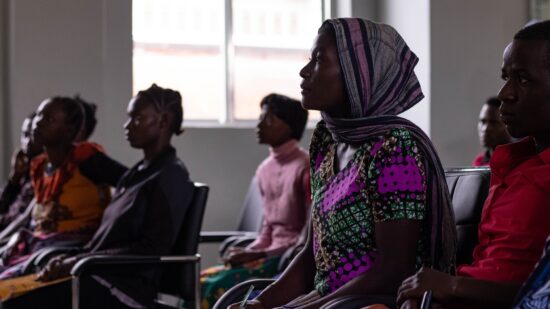Learning from IPC strategies for COVID-19 to mitigate AMR in rural Nigerian communities
The coronavirus disease (COVID-19) pandemic has revealed many areas of public health preparedness that are lacking, especially in lower- and middle-income countries. This reinforces the importance of preventative measures such as improved hygiene and sanitation conditions as well as public awareness and education in maintaining human health.
Antimicrobial resistance (AMR) is an emerging and serious public health threat in both developed and developing countries. Findings from a survey in Nigeria showed that about a third of the general public consume antibiotics obtained without prescription. There is an overall poor understanding of antimicrobial resistance and/or proper use of antibiotics. Although not surprising, but very disturbing, is the high prevalence of self-medication reported in studies conducted in different populations across Nigeria, and the fact that the two most commonly self-medicated drugs were analgesics and antibiotics.
AMR NEWS
Your Biweekly Source for Global AMR Insights!
Stay informed with the essential newsletter that brings together all the latest One Health news on antimicrobial resistance. Delivered straight to your inbox every two weeks, AMR NEWS provides a curated selection of international insights, key publications, and the latest updates in the fight against AMR.
Don’t miss out on staying ahead in the global AMR movement—subscribe now!






